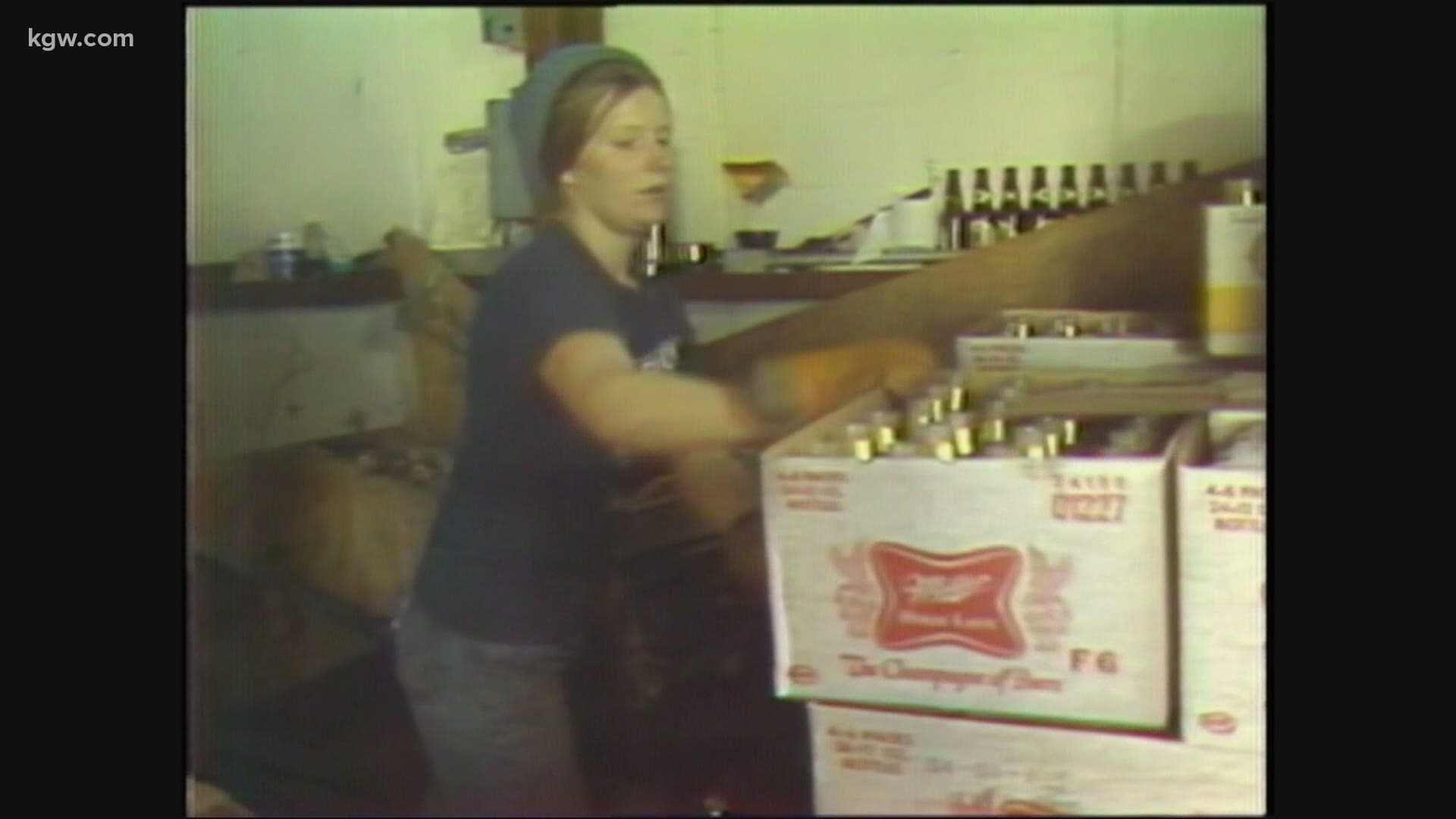Passed back in 1971, Oregon's landmark bottle bill is one of the state most visible laws.
Every year consumers pay deposits on about 2 billion cans or bottles of soda or beer.
The goal of the bill was to reduce littering and encourage people to return the containers instead of tossing them.
According to state auditors, last year about 86% of cans and bottles were returned last year.
But the rest, enough to fill 17 floors of a skyscraper according to the state, were not redeemed.
The state wants to see the millions of dollars of uncollected deposits go to help fund various environmental programs like parks that are facing budget cuts.
It's similar to what several other states do.
"They would frankly have to pass those costs on to customers," said Jules Bailey with the Oregon Beverage Recycling Cooperative. The OBRC represents the beverage industry
"If the state were to come in and claim unredeemed deposits to somehow fund these other things, that would essentially be the end of the bottle bill as we know it," Bailey said.
The OBRC claims the unredeemed deposits help offset the cost of running the entire bottle drop program.
"A hundred percent of all unredeemed deposits are being spent on trucks, recycling facilities, machines, and employees and all of the things that go into making this system work," Bailey said.
But the group does agree that expanding the bottle bill would be a good thing.
The auditors' report promotes expanding the deposit to wine and liquor bottles and making the return process more convenient.

